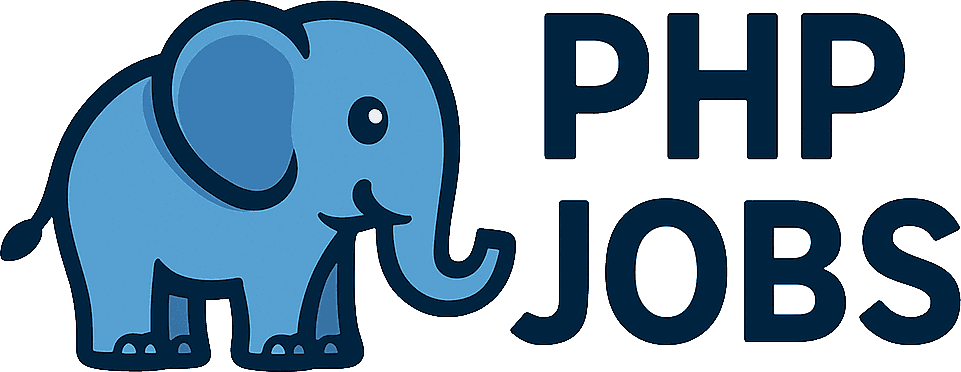Data interpretation
For PHP developers, jobs related to Data interpretation focus on transforming raw data into actionable insights, reports, and visualizations. While PHP may not be the primary tool for complex statistical analysis, it is extensively used to build the backend systems that process, aggregate, and present data in a human-readable format.
These roles are often found in companies building business intelligence (BI) platforms, custom analytics dashboards, or financial reporting tools. The developer's task is to create the logic and APIs that make sense of large datasets.
Role and Responsibilities
A developer in this area bridges the gap between raw database records and meaningful business metrics.
- Developing backend services and APIs that power reporting dashboards.
- Writing complex and optimized SQL queries for data aggregation, filtering, and summarization.
- Processing large volumes of data to calculate key performance indicators (KPIs).
- Integrating with third-party analytics services or business intelligence tools.
- Formatting data to be consumed by front-end charting libraries like Chart.js or D3.js.
Required Skills
Strong analytical and database skills are paramount for success in these positions.
- Advanced knowledge of SQL, including window functions, common table expressions, and aggregation.
- Proficiency in PHP for backend data processing and API development.
- Experience with data caching strategies (e.g., Redis, Memcached) to improve report generation speed.
- Ability to translate business questions into technical data queries.
